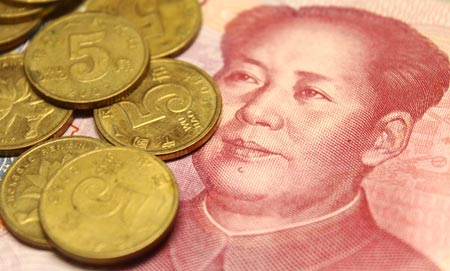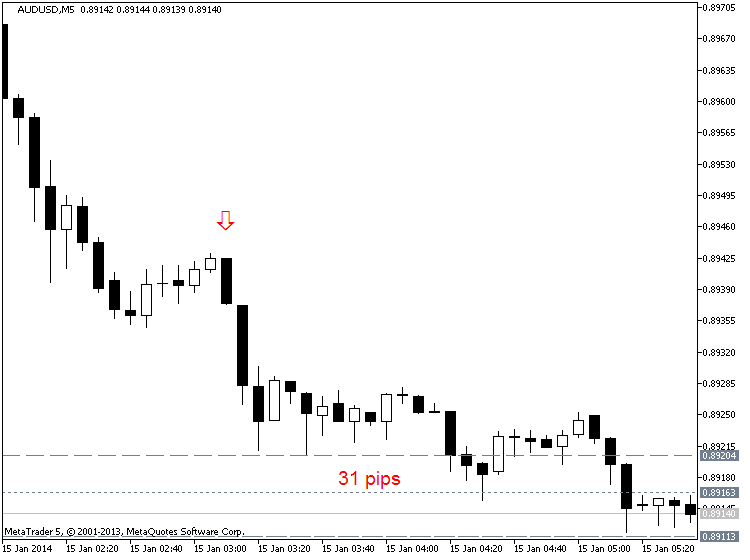The race is on to become China's new offshore RMB center
Up to 10 cities around the world are competing to become an offshore renminbi center, and the growing rivalry has led to a Hong Kong official's call for China to further relax trading rules for the currency in his territory, the International Finance News reports.
Laura Cha, chairwoman of Hong Kong's Financial Services Development Council, which is an advisory body set up by the territory's government, suggested that Beijing relax the 20,000 yuan (US$3,300) daily cap set for currency conversion in the former British colony.
The proposal seeking favorable treatment was a rare move as Hong Kong has enjoyed the advantage of Beijing offering similar policies in the past, said the paper, which is affiliated with the state-run People's Daily.
The business surrounding the Chinese currency is growing in importance. Besides the minimum 7% return on the yuan or renminbi, which is appreciating against the US dollar, trading of the currency can also boost the financial sector and related services.
Daily trades in the Chinese currency of between US$1 billion and US$1.5 billion have also allowed Hong Kong to narrow the gap with Singapore, another financial hub in the region, in terms of foreign exchange transactions.
Candy Ho, HSBC's head of renminbi business development for the Asia-Pacific global markets, said that the position of being an offshore renminbi center allows a country or a region to take part in China's economic growth as Beijing is in the process of liberalizing its financial sector.
Besides Hong Kong and Singapore, contenders for such a position include Luxembourg, Paris, London, Frankfurt, Zurich, Geneva, Sydney and Taipei, the paper said.
Meanwhile, there is a notably absence of US cities on the list since there is no demand for US companies doing business around the world to use a currency other than their own, which is still a major reserve currency, according to Ho.
Hong Kong has the edge in the race given its close proximity to China, the paper said, adding that Singapore would play an important role in promoting the use of the Chinese currency in Southeast Asian countries as China's second-largest trading partner since 2012.
London, which processes 41% of the world's foreign exchange trades, is confident of securing the position as an offshore center after China granted the city an RQFII (Renminbi qualified foreign institutional investor) quota of 80 billion yuan (US$13.2 billion).
On the other hand, Luxembourg's stock exchange had the world's second-largest dim sum bond listing — only behind Hong Kong — and competitively low tax rates, while Paris claimed to have 20 billion yuan (US$3.3 billion) in yuan deposits, the largest amount in the Eurozone, the paper said.


 LinkBack URL
LinkBack URL About LinkBacks
About LinkBacks












 Reply With Quote
Reply With Quote




Bookmarks